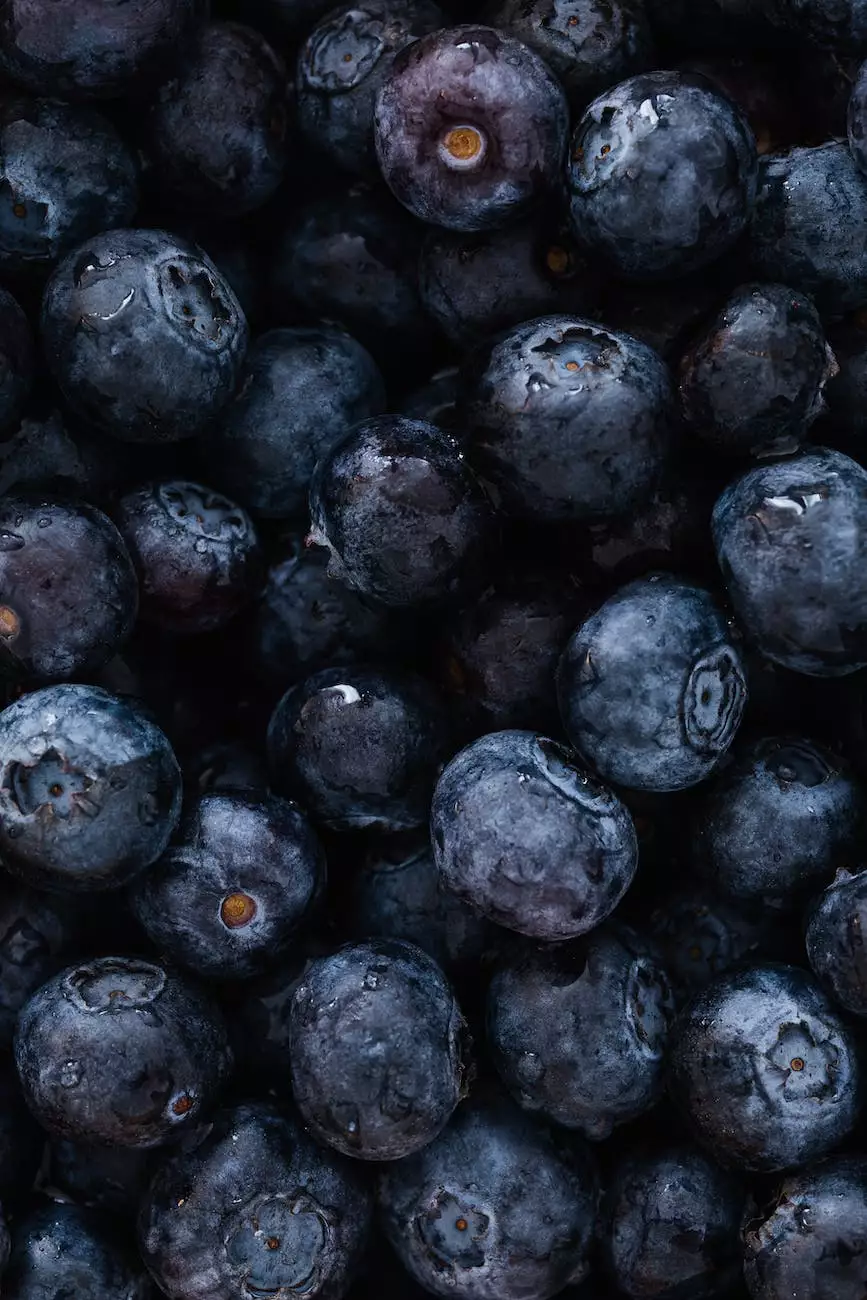Different Cancer Types Call for Different Diet Types
Blog
Introduction
Welcome to Nasseri Medical Centre & Medspa's comprehensive guide on different cancer types and their corresponding diet types. We understand that nutrition plays a crucial role in supporting cancer treatment and overall well-being. In this article, we will explore how various cancer types require specific dietary considerations and provide guidelines to aid you in making informed choices.
The Importance of Diet in Cancer Treatment
Proper nutrition is essential for individuals undergoing cancer treatment as it helps support the body's immune system, maintain strength, manage side effects, and improve overall quality of life. While your healthcare team will provide personalized advice, understanding common dietary recommendations for specific cancer types can be beneficial.
Breast Cancer
For individuals with breast cancer, a diet rich in fruits, vegetables, whole grains, lean protein, and healthy fats is recommended. Additionally, phytoestrogens found in soy-based foods may have potential protective effects against hormone-dependent breast cancer. It is important to limit alcohol consumption and maintain a healthy weight to reduce the risk of recurrence.
Lung Cancer
Individuals with lung cancer can benefit from a diet high in fruits, vegetables, legumes, and whole grains. These foods provide antioxidants, vitamins, minerals, and fiber, which support overall health. Including sources of omega-3 fatty acids, such as fatty fish, flaxseeds, and walnuts, may also be beneficial. Smoking cessation and avoiding exposure to secondhand smoke are critical steps to reduce lung cancer risk.
Colorectal Cancer
For individuals with colorectal cancer, a diet rich in vegetables, fruits, whole grains, and lean protein is recommended. Consuming high-fiber foods can help prevent constipation and support digestive health. Adequate hydration is also important. Limiting red and processed meats, alcohol, and sugary beverages can help reduce the risk of developing colorectal cancer.
Prostate Cancer
For individuals with prostate cancer, incorporating a diet that includes a variety of fruits, vegetables, whole grains, and healthy fats is beneficial. Consuming foods rich in lycopene, such as tomatoes, may have a protective effect. Adequate hydration and limiting the intake of processed and high-fat foods are important considerations for prostate cancer prevention.
Leukemia
While no specific diet can cure leukemia, a well-balanced diet plays a vital role in supporting overall health during treatment. It is important to focus on incorporating nutrient-dense foods, including fruits, vegetables, whole grains, lean protein, and sources of healthy fats. Staying adequately hydrated and managing side effects such as nausea or poor appetite are crucial.
Conclusion
Different cancer types call for different diet types. At Nasseri Medical Centre & Medspa, we understand the importance of nutrition in supporting cancer treatment and overall well-being. By following the recommended dietary guidelines for specific cancer types, individuals can improve their nutritional status, manage side effects, and enhance quality of life. Remember to consult with your healthcare team for personalized advice tailored to your specific needs.




